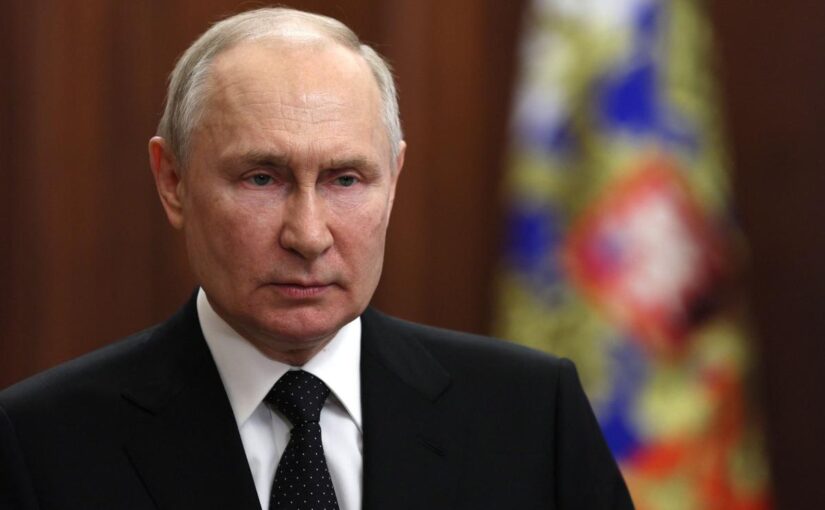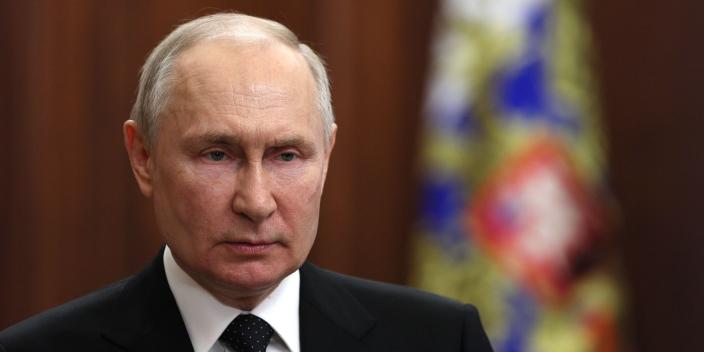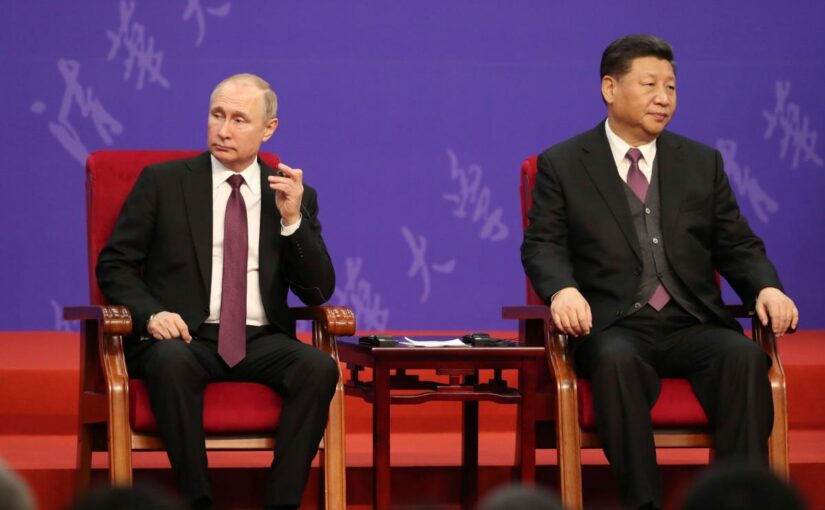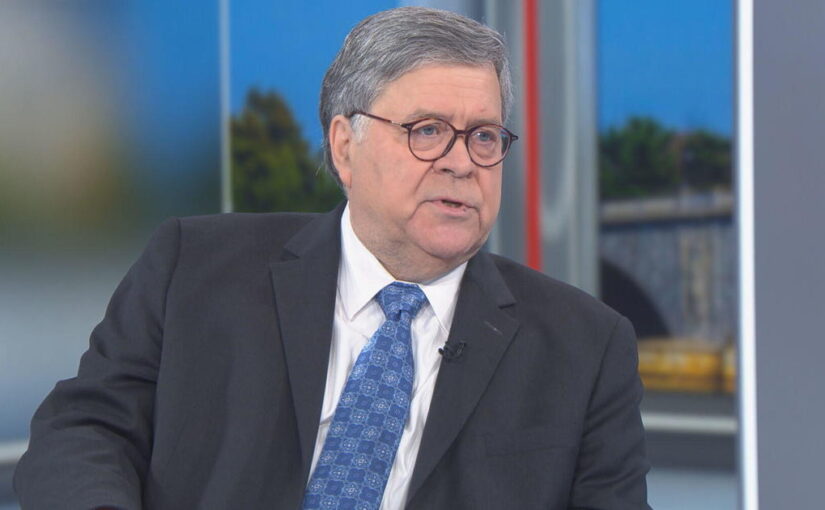South Carolina has collected about $1.8 billion in a bank account over the past decade — and doesn’t know where the money came from or where it was supposed to go.
“It’s like going into your bank and the bank president tells you we have a lot of money in our vault but we just don’t know who it belongs to,” said Republican Sen. Larry Grooms, who is leading a Senate panel investigating the problem.
The bank account, which is now being examined by state and private accountants, is the latest trouble with the state’s books and comes after South Carolina’s top accountant resigned last year. In that case, elected Republican comptroller general Richard Eckstrom stepped down after his agency started double posting money in higher education accounts, leading to a $3.5 billion error that was all on paper.
The paper error started during a decade-long transition to a new accounting system, which began in 2007, according to the South Carolina Daily Gazette.
But the $1.8 billion involves actual cash placed in a bank account. Now, lawmakers are asking why the money was parked there in first place and why officials never fixed the problem,
“This is one of the things that was swept under the rug for years,” Grooms told the Daily Gazette.
Looking for answers
Investigative accountants are still trying to untangle the mess, but it appears that every time the state’s books were out of whack, money was shifted from somewhere into an account that helped balance it out, state Senate leaders have said.
“Politics really shouldn’t come into play. People prefer their accountants not be crusaders,” Grooms said Tuesday, just after the Senate approved putting a constitutional amendment before voters to make the comptroller general an appointed position. The proposal now goes to the House.
Grooms suggested that an amendment to make the treasurer also appointed might be next unless he can provide some satisfactory answers.
Whatever caused the bank account errors has not been rectified, and if there are records showing where the $1.8 billion came from, they have not been shared with state leaders.
“It does not inspire confidence. But the good news is no money was lost,” Republican Gov. Henry McMaster said.
$200 million in interest
Elected Republican Treasurer Curtis Loftis, whose job is to write checks for the state, has said he invested the money in the mystery account and made nearly $200 million in interest for the state, which led to questions about why he didn’t let the General Assembly know money they either set aside for state agencies or that might have been in a trust fund was just sitting around.
Loftis said that wasn’t the job of his office.
The comptroller general “is attempting to shift responsibility to clean up its mess to the Treasurer,” Loftis wrote in a March 14 letter to Grooms that also said a timeline to answer questions in just a few weeks was impossible.
Loftis said his staff spent thousands of hours researching the account, and that the Comptroller General’s Office has refused to meet with them or share information. In one Facebook comment earlier this month, he asked his followers to “pray for my staff as they are working tremendous hours due to this situation.”
An audit of how the Treasurer’s Office and the Comptroller General’s Office communicate found they don’t do it well.
The treasurer hasn’t answered detailed questions from lawmakers but has posted statements on social media where he said he was being attacked politically and was having blame shifted on him by Comptroller General Brian Gaines, a well-respected career government worker who took over the office after Richard Eckstrom resigned during his sixth term.
A long history of accounting issues
Gaines and Loftis have been called before Grooms’ committee next week. Grooms said Gaines has answered every question his subcommittee has asked and that he has confidence in his work.
Grooms said he thinks Loftis’ office should have found the mistake, but it was reported by the Comptroller General’s Office.
South Carolina has had a long history of accounting issues.
The Treasurer’s Office was created when the state’s first constitution was written in 1776. Back then, the General Assembly selected the treasurer. But by the early 1800s, the state’s finances were in “a state of bewildering confusion” and no one could “tell the amounts of debts or of the credit of the State,” according to History of South Carolina, a book edited in 1920 by Yates Snowden and Howard Cutler.
The first comptroller general determined the state was due about $750,000, which would be worth about $20 million today considering inflation.
Meanwhile, plenty of lawmakers and others are aware there is $1.8 billion sitting around potentially unspent and not appropriated at a time when $3 billion in requests from state agencies went unfulfilled in next year’s budget just passed by the South Carolina House.
Legislative leaders and the governor want to wait for some definitive report before tapping into the account.
“That’s a lot of money and there is no need to hurry up and try to spend it,” McMaster said.



